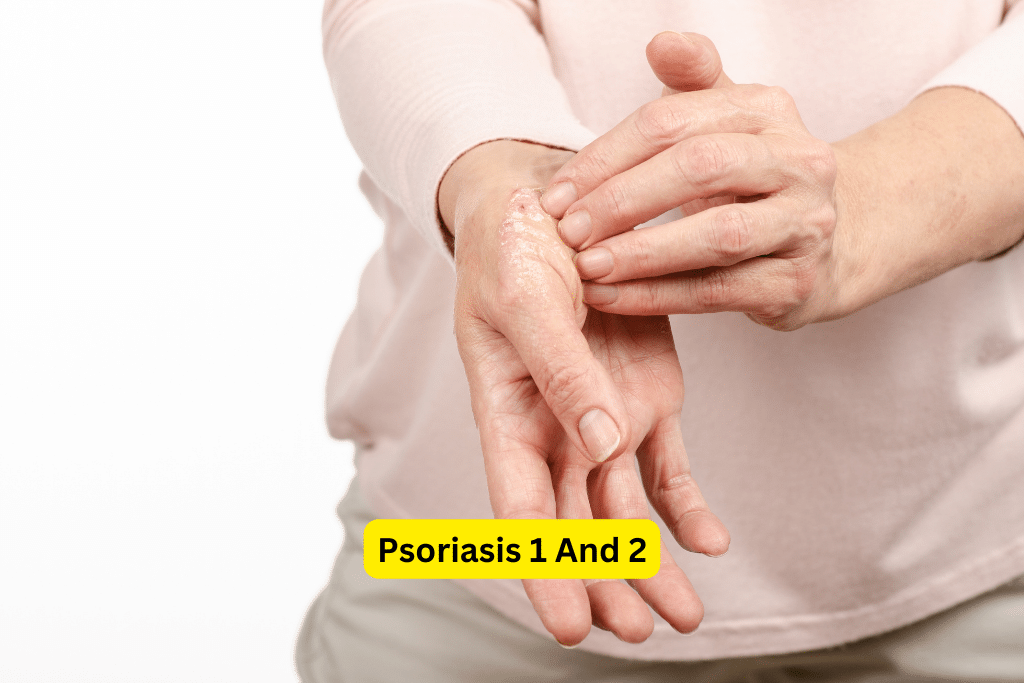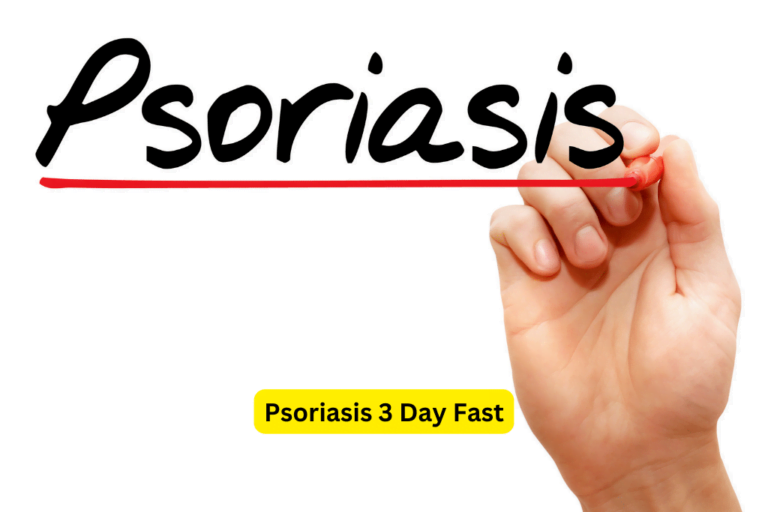Expert Insights: Breakthrough Solutions for Psoriasis 1 and 2
Psoriasis 1 And 2
Understanding Psoriasis: Types, Causes, Symptoms, and Treatment Options
Psoriasis is a chronic skin condition that affects millions of people worldwide. It is important to understand the different types of psoriasis, their causes, symptoms, and available treatment options in order to effectively manage and find relief from this condition. In this comprehensive guide, we will dive into the depths of psoriasis to provide detailed information and helpful tips for those living with psoriasis.
I. What Is Psoriasis?
Psoriasis is a chronic autoimmune skin condition characterized by the rapid growth of skin cells. This excessive cell production leads to the formation of thick, red, and scaly patches on the skin. Psoriasis affects both the skin cells and the immune system, causing inflammation and abnormal skin cell turnover.
Psoriasis is a widespread condition, affecting approximately 2-3% of the global population. Early detection and diagnosis are crucial for effective management and treatment.
II. Types of Psoriasis
Psoriasis can manifest in different forms, each with its own unique characteristics. Understanding the different types of psoriasis can help in recognizing the symptoms and seeking appropriate treatment.
A. Psoriasis Type 1:
Psoriasis type 1, also known as plaque psoriasis, is the most common form of psoriasis. It is characterized by raised, red patches covered with silvery scales. These patches can appear anywhere on the body, but are commonly found on the elbows, knees, and scalp.
Psoriasis type 1 affects both males and females, usually starting in adulthood. There may be certain triggers or risk factors, such as stress, infections, or certain medications, that can contribute to the development of this type of psoriasis.
B. Psoriasis Type 2:
Psoriasis type 2, also known as guttate psoriasis, is characterized by small, drop-like lesions that appear on the skin. These lesions are typically red and scaly, and often appear on the trunk, limbs, and scalp.
Psoriasis type 2 is more commonly seen in children and young adults. It is often triggered by bacterial or viral infections, such as strep throat or respiratory infections.
III. Causes and Risk Factors
While the exact cause of psoriasis is unknown, there are several factors that can contribute to its development.
A. Genetic Predisposition:
Research suggests that genetics play a significant role in psoriasis susceptibility. Certain genes have been identified that are associated with an increased risk of developing psoriasis. It is also common to see a familial pattern, with psoriasis running in families.
B. Environmental Triggers:
Environmental factors can also trigger or worsen psoriasis symptoms. These triggers can include climate, stress, smoking, and alcohol consumption. It is important to identify and manage these triggers in order to minimize flare-ups and manage the condition effectively.
IV. Symptoms and Clinical Presentation
Psoriasis can manifest with a variety of symptoms, both physical and emotional. Recognizing these symptoms is crucial for early detection and appropriate treatment.
A. Physical Symptoms:
The physical symptoms of psoriasis can include redness, itching, and scaling of the skin. Psoriasis can affect various body parts, such as the scalp, joints, and nails. Different types of psoriatic lesions can appear, including plaque-like patches, pustules, and inverse psoriasis affecting skin folds.
B. Emotional and Psychological Impact:
Living with psoriasis can take a toll on one’s emotional well-being. Psoriasis has been associated with increased rates of depression, anxiety, and low self-esteem. Managing the emotional impact of psoriasis is just as important as managing the physical symptoms.
V. Diagnosis and Medical Evaluation
Accurate diagnosis of psoriasis is essential for effective treatment. There are several diagnostic methods and procedures that can be used to confirm the presence of psoriasis.
A. Diagnostic Methods and Procedures:
Clinical evaluations, such as physical examination and medical history, are often the first step in diagnosing psoriasis. Biopsies and sample analysis can also be used to confirm the diagnosis and rule out other skin conditions with similar symptoms.
B. Differential Diagnosis:
Psoriasis can sometimes be mistaken for other skin conditions. It is important to differentiate psoriasis from conditions such as eczema or fungal infections in order to provide appropriate treatment.
VI. Treatment Options
Treatment for psoriasis aims to control symptoms, reduce inflammation, and slow down excessive skin cell production. There are several treatment options available, depending on the severity of the condition.
A. Topical Treatments:
Topical treatments, such as creams or ointments, are often used as the first line of treatment for mild to moderate psoriasis. These medications are applied directly to the affected skin and can help reduce inflammation and scaling.
B. Systemic Medications:
Systemic medications, such as oral or injectable medications, are often prescribed for moderate to severe psoriasis. These medications work from within the body to target the underlying causes of psoriasis and reduce symptoms.
C. Phototherapy:
Phototherapy uses light, such as UVB or PUVA, to treat psoriasis. It can help slow down the skin cell turnover and reduce inflammation. Phototherapy is typically done under medical supervision to ensure safety and effectiveness.
D. Biologic Therapies:
Biologic drugs are a newer class of medications that target specific molecules involved in the immune response. These medications are usually reserved for severe or resistant cases of psoriasis. They can provide significant relief from symptoms and improve quality of life.
VII. Lifestyle Modifications and Self-care
In addition to medical treatment, certain lifestyle modifications and self-care practices can help manage psoriasis symptoms and improve overall skin health.
A. Importance of a Healthy Skin Care Routine:
Establishing a gentle and effective skincare routine is crucial for managing psoriasis. Using mild cleansers and moisturizers can help keep the skin hydrated and reduce irritation. It is important to choose skincare products specifically formulated for psoriasis-prone skin.
B. Dietary Considerations:
While the impact of diet on psoriasis is still a topic of research, some individuals may find that certain foods can trigger or worsen their symptoms. Keeping a food diary and identifying any potential triggers can help individuals manage their diet accordingly.
C. Stress Management Techniques:
Stress has been known to trigger or exacerbate psoriasis symptoms. Incorporating stress management techniques, such as exercise, meditation, or therapy, can help reduce stress levels and minimize flare-ups.
VIII. Latest Research and Advancements
Psoriasis research is constantly evolving, with ongoing studies and clinical trials seeking to develop new and more effective treatment options. Staying informed about the latest advancements can help individuals make informed decisions about their treatment options.
IX. Coping Strategies and Support
Living with psoriasis can be challenging, both physically and emotionally. Seekin
g appropriate support and coping strategies can make a significant difference in managing the condition.
A. Psychological Support:
Psychological support options, such as counseling or support groups, can provide individuals with psoriasis a safe space to share their experiences and emotions. It can also provide valuable tools for managing the emotional impact of psoriasis.
B. Psoriasis Advocacy Organizations:
There are several organizations dedicated to providing support, resources, and advocacy for individuals with psoriasis. These organizations can provide valuable information and connect individuals with support networks and resources.
In conclusion, understanding psoriasis and its different types, causes, symptoms, and available treatment options is essential for effectively managing and finding relief from this chronic skin condition. By seeking early diagnosis, exploring appropriate treatment options, and making necessary lifestyle modifications, individuals with psoriasis can live fulfilling lives and better cope with the challenges associated with this condition.
"Have You Seen Mike Walden's new holistic acne System yet? It's called "Acne No More" I've read the whole thing (all 223 pages) and there's some great information in there about how to naturally and permanently eliminate your acne without drugs, creams or any kind of gimmicks. I highly recommend it - it's very honest and straightforward without all the hype and b.s. you see all over the net these days. Here's the website where you can get more information:
Click Here -->AcneNoMore









